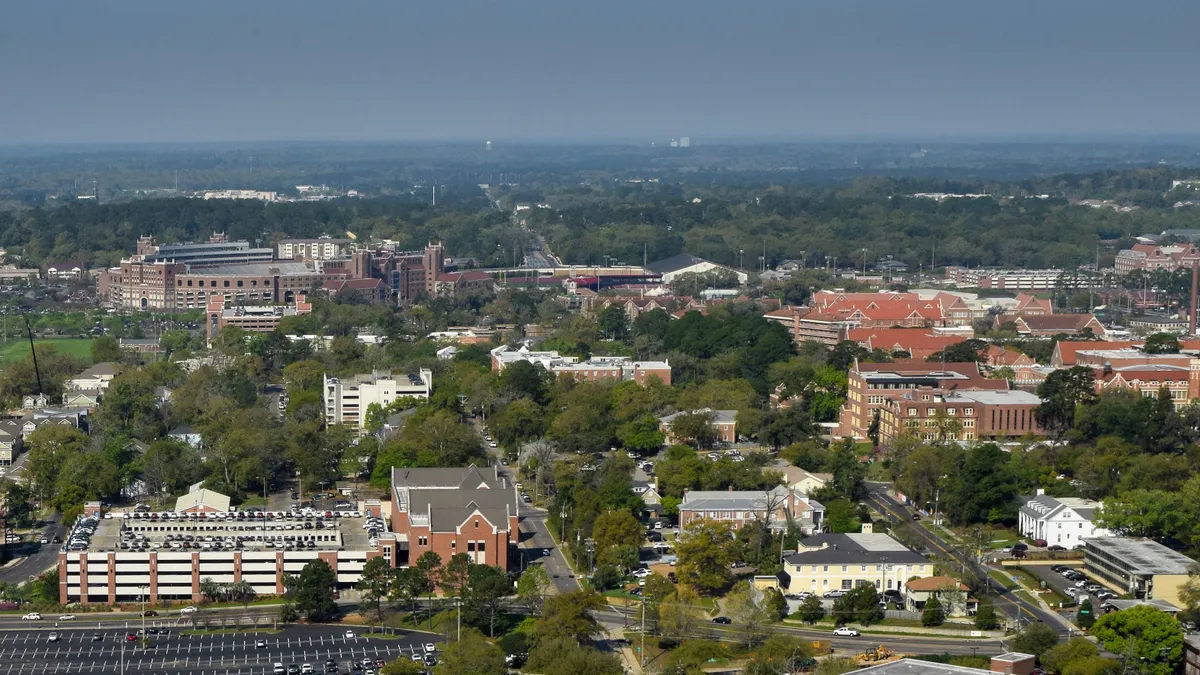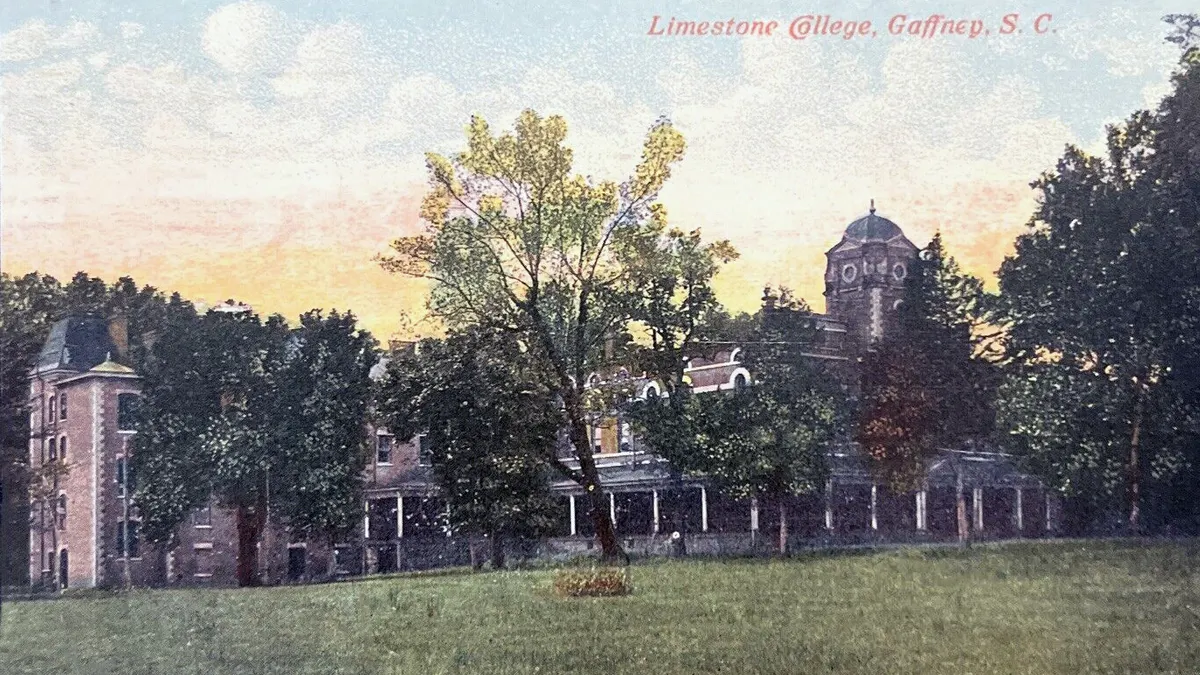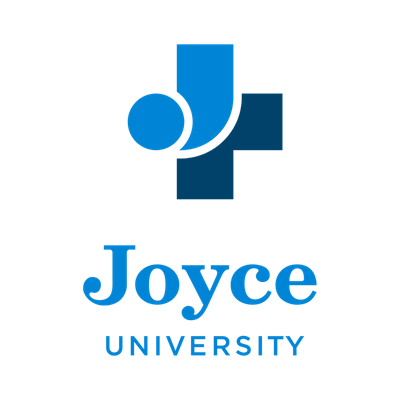Dive Brief:
- North Carolina Gov. Roy Cooper has announced a program that will provide $7 million in federal funds to help community college students in the state who face unforeseen financial emergencies, according to a statement. The Finish Line Grants program can assist with course materials, medical or dependent care needs, housing, or other financial issues.
- "We must maintain a strong workforce to continue attracting companies and helping business thrive in North Carolina,” said N.C. Secretary of Commerce Anthony M. Copeland in a statement. “The Finish Line Grants program will further expand our pool of skilled workers by eliminating barriers that prevent talented students from completing their training and getting rewarding jobs that support them and their families.” Funding for the program will be made available via the federal Workforce Innovation and Opportunity Act.
- Beginning in school year 2018-2019, students will have access to up to $1,000 per semester and will be able to apply either through their school’s financial aid office or through the NCWorks Career Center. The governor's office directed participating local colleges and workforce development boards to establish a joint review process for funding requests made by students who have completed 75% of their degree or credential.
Dive Insight:
Skilled workers are becoming a scarce commodity, making it challenging for businesses to hire and retain. With assistance from community colleges and local groups, job seekers are upskilling and businesses are working to resolve skills shortages that threaten industry production. State governments like North Carolina's are also jumping in with legislative action.
For some, like those in construction trades, the need to quickly upskill workers has even created the need for accelerated programing. In Houston, local community colleges worked on developing curriculums in partnership with construction industry leaders in the area, which provided fast-track training to workers and helped fill talent pipelines in the aftermath of Hurricane Harvey.
A growing list of states making community college tuition conditionally free, so students may have far more options for college choice and with help to graduate than they may have had just five years ago. But in Kalamazoo, Michigan, experts say a dozen years of free tuition have yielded mixed results.
Kalamazoo Promise, which is funded by anonymous donors, covers four years of tuition at any public college or university in Michigan or at 15 private colleges in the state. Students who attend Kalamazoo schools every year from kindergarten through 12th grade receive all tuition and fees paid; those who attend grades nine through 12 receive 65% of their costs paid.
Tim Ready, a sociology professor at Western Michigan University, said the first nine years of free tuition, which cost donors $54 million, was “marginally beneficial but not a slam dunk” for Kalamazoo’s economy.









